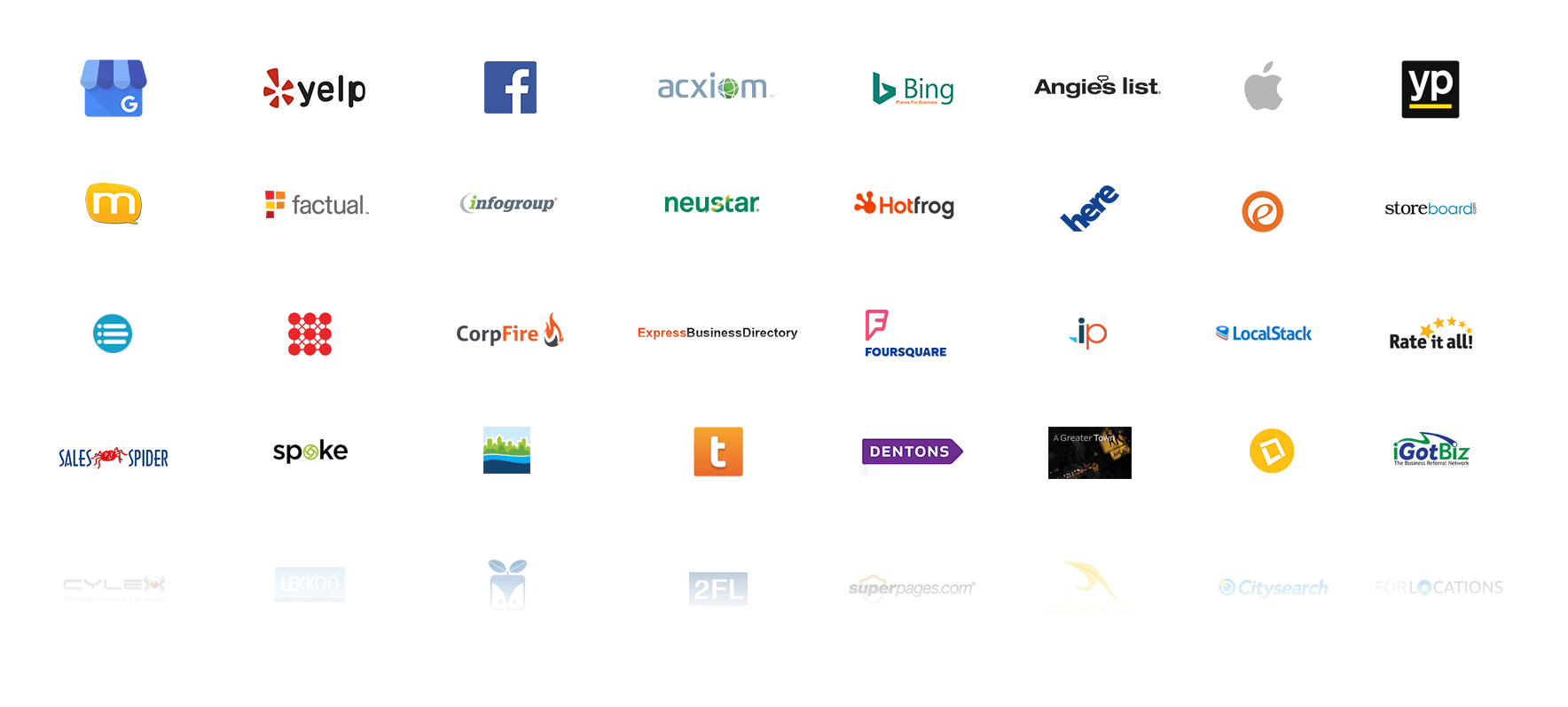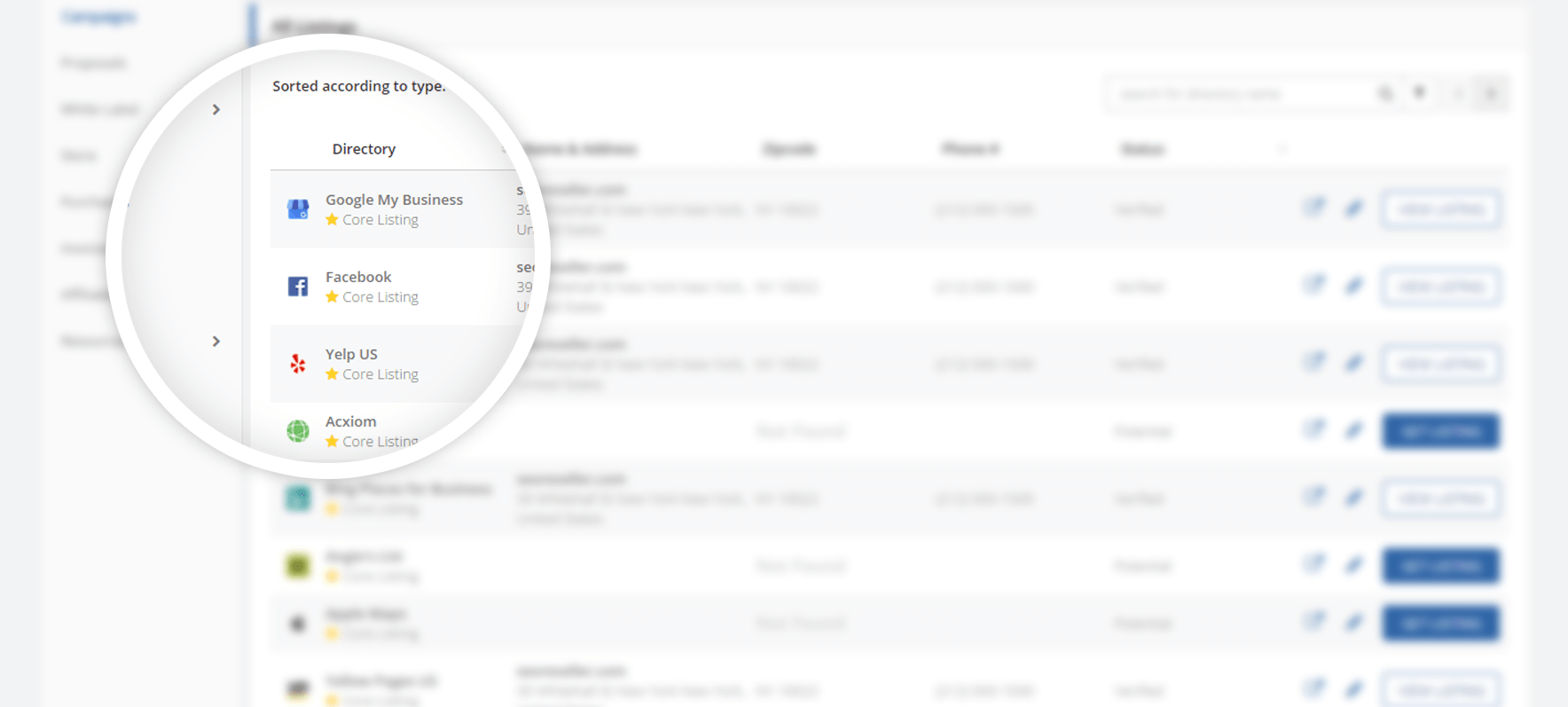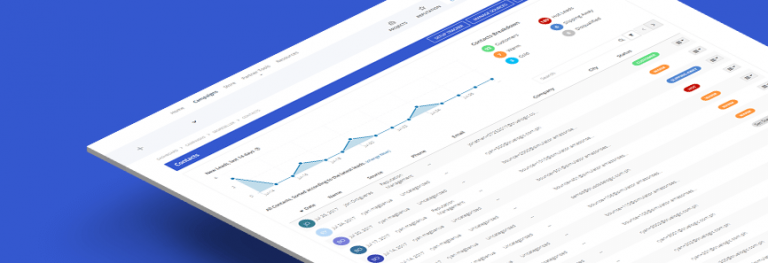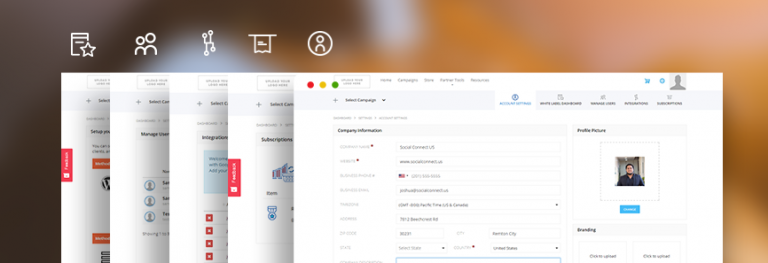For years digital marketing agencies and other “experts” have been harping on the need for local listings and citations. Often reaching nonsensical conclusions.
Listings and citations are important in Local SEO – yes, but only to a certain extent. Once you have covered all the major directories and have enough listings from local directories, the returns begin to diminish – and you’ll find that often, it’s much better to focus your efforts on just gaining links or other marketing activities.
What are listings and what are citations?
Part of the issue with Local SEO is the confusion between a listing and a citation. As defined by the wonderful team at Whitespark, citations are any mention of the business on any site, media, or document – with or without a link. This is why, when using a citation tracking tool like Whitespark, results will include PDFs or newspaper clippings.
Listings are a subset of citations. BrightLocal refers to listings as local citations. In either case, they are entries to online directories such as Google My Business, Yelp, or Yellow Pages. Tools like BrightLocal, or our own Reputation Management Suite, provide agencies the ability to find the best directories to list a business based on location and niche.
How many do you need?

There is no magic number for how many listings an agency should create per small business. In most cases, once all the major directories are covered, a small business has enough listings to appear in the local search results. For more competitive locations and niches, the number of listings necessary depends on the number of listings your client’s competition has.
The better question is which directories should a business be listed on first? At SEOReseller, we differentiate directories based on their importance:
Core Directories
These are the must-have directories for local businesses. They include Google My Business, Facebook, Apple Maps, Bing, and Yelp – directories that have arguably become more of microsites rather than traditional listings – and aggregators such as Factual, Acxiom, Localeze, and Infogroup.
Primary Directories
Any other major directories that have high traffic and high relevance are grouped under Primary Directories. These directories have traditional name recall and good traffic (BBB, Angie’s List, Yellow Pages), or have built their relevance over time (FourSquare).
Primary directories, for the most part, are not used as microsites and instead direct traffic back to the business website.
Niche/Regional Directories
Niche- or location-based directories are context-specific directories. Which niche- or location-based directories are right for your client depends on the nature of the business. With the Listing Management component of Reputation Management, we match the right niche directory to the right category of the website.
Secondary Directories
Secondary directories are low-traffic and low-importance directories. We use them based on need but are normally just used to strengthen a local business’ presence or to edge out competitors. Note that not all of these are really needed for small businesses and they don’t provide as much return as the Core, Primary, and Context-specific directories.
At SEOReseller, directories within the Listing Management are country-specific and changes depending on which country the business is in.
Listings are just the beginning

The importance of listings goes beyond Local SEO – arguably, it’s importance is the actual traffic it generates and the interactions visitors have with the listings itself.
Some listings, especially Google My Business, Facebook, and Yelp, often convert the visitor directly into a consumer rather than referring traffic to the site. The increasing importance of these microsite-like listings is highlighted by the usage of reviews at these sites as conversion mechanisms for possible visitors.
A concrete local strategy would then have to focus on not just creating the listings and establishing the presence, but also managing the online presence and managing the online reputation of the client.
Where to Start
Easily manage your client’s local presence with your Reputation Management Suite . Sign up for a 14-day free trial here!




